By Sandhya Ravishankar
In 2004, some of the biggest billionaires in the world came together to form what is now called the ‘Democracy Alliance’. The brainchild of Democratic political consultant Rob Stein, the Alliance brought together left-of-centre donors for the Democratic Party in a secretive manner. The billionaires who are part of the Alliance are George Soros and Pierre Omidyar among others. This Alliance has managed to set up a powerful infrastructure for the Democrats in the US.
Another innocuous tool that has been used extensively by the Democrats and the Left Liberal ecosystem in the US is the DAF or Donor Advised Fund. The best known and perhaps even the most successful DAF is the Tides Nexus.
In an insightful report that appeared in Capital Research magazine in October 2020, researcher Hayden Ludwig provided a detailed account of how the Tides Nexus functions.
In summary, the Tides Nexus comprises a group of large foundations that allow people to donate to specific charities without having to disclose their names or identities. This model is legal in the US but has had the ripple effect of creating a big amount of what is called ‘dark money’. For instance, the Tides Foundation, which was set up in 1976 by political activist Drummond Pike in California and in 2020 it has given out $607 million in grants.
This dark money is potent, as it allows regime change agents to function anonymously and legally and give impetus to potential anarchists.
The Lede interviewed Hayden Ludwig who is currently the Director of Policy Research at Restoration of America. In an email interview, Ludwig opened up on the threats to democracy by DAFs such as Tides.
1. Your research on the Tides Nexus is very revealing. The person who created the Tides Foundation, Drummond Pike, himself regretted doing so later in his life. Why are DAFs a problem?
Ludwig: I don’t believe donor-advised funds (DAFs) are inherently bad or problematic, like many on the political Left do. The problem, as I see it, is that partisans on the Left have figured out how to weaponize them to do political work like voter registration and advocacy that no one outside Washington, DC would call “charity” (the technical name the IRS gives these nonprofits is “public charity”).
We want to preserve donor privacy to support the causes of their choice without outside pressure – that’s key to the U.S. Constitution’s First Amendment – but right now the Left puts billions of dollars into political nonprofits while the Right puts comparatively little, preferring to use political action committees (PACs).
The scales are far from balanced. Whole organizations such as the Tides Nexus, the Arabella Advisors network, the Proteus Fund, and NEO Philanthropy exist to do nothing but funnel money from “progressive” donors to their political groups. That’s not what America’s charitable sector was created to do; in short, politics has taken over charity.
2. Why are the donations to DAFs called ‘dark money’? Is there any way for the US government to regulate these DAFs and make them more transparent?
Ludwig: I use “dark money” in scare quotes (so ironically) because it’s a political term, not legal term, made up by the Left to attack conservative political spending. There are nearly as many definitions as there are people writing about “dark money.” Liberals coined the term in 2010 to describe funding to conservative 501(c)(4) nonprofits that ran ads for Republicans in the 2010 midterm elections.
It’s meant to scare the public, not educate. But the irony is that today the Left massively outspends the Right in “dark money” – that’s been more or less the reason politics has shifted from the two parties to outside nonprofit groups in the past decade, which command vastly more money than both parties combined (many billions of dollars).
I’ve proposed a few regulations to tax-exempt nonprofits and DAFs here. But on the whole I would rather see conservatives match the Left dollar-for-dollar than try to regulate the thing out of existence.
There is genuine charity in DAFs mixed in with all the political spending, and we shouldn’t damage that. But I believe that socialists cannot be shamed, only defeated, and the best way to defeat the Left is to beat them at their own game.
3. Could you tell us a bit more about the Democracy Alliance? Is there a right-wing equivalent to it? How do the two stack up against each other?
Ludwig: DA is a group that convenes the top “progressive” and Democratic Party donors each year to collectively strategize on how they’ll coordinate their political spending. The top goal of any left-wing group is to become a DA “recommended” group, because it’ll mean reaping massive donations from the likes of George Soros, Pierre Omidyar (eBay), Tom Steyer, etc.
Naturally, that list of recommended groups is exclusively composed of organizations the Left believes will help Democrats win elections: Voter registration, get-out-the-vote, 2020/2030 Census turnout, etc.
DA doesn’t spend money itself; it’s just the place its members go to plan out how they’ll spend, so it’s impossible to say how much money those members direct, but it’s easily hundreds of millions of dollars each cycle.
There is absolutely no equivalent on the Right, not even close. Conservatives don’t do a good job coordinating at this scale like leftists do, maybe because we’re too individualistic (and they’re collectivists).
For example, DA’s trial run was in Colorado in the mid-2000s – a once-rural red state that “progressive” groups flipped blue through careful coordination, spending, legions of professional paid activists, and by taking advantage of the state’s in-migration by young people and techy-types.
DA aims to do that in other battleground states like Virginia and North Carolina. Conservatives have never done anything like that.
4. Tides Foundation is a huge donor to multiple non-profits in India. Many of the recipient non-profits have actively participated in political activities, which is against the law in India. So DAFs such as Tides appear to not only be a threat to the American system but also to other countries across the world. What are your views on the dangers of DAFs outside America?
Ludwig: I’d say the threat from political DAFs like Tides fits within the larger threat from U.S. political nonprofits/tax-exempt groups more generally. I know that George Soros, for instance, channels hundreds of millions of dollars annually into friendly “progressive” groups overseas, including India. (I co-wrote an academic article about it a few years ago, the only one I know of to date.)
These groups, with exceptions, are prohibited from doing election work in the U.S. – so why should they get away with doing it abroad? The whole reason the U.S. is one of the rare few countries which grants tax exemption to its nonprofits is to encourage charity – that goes back to the American Revolution, when Americans organized citizen committees to handle problems that most other countries expect the government to resolve. We’re abusing that tradition, and the disease is afflicting people in other countries.
5. Would you agree that DAFs such as Tides provide a comfortable ecosystem for regime change operators, anti-national (depending on which country they are routing the funds to) agents and perhaps even terror-affiliated overground organisations to thrive?
Ludwig: I can’t say for certain that Tides funds terror groups (it probably also depends on what you mean), but what I am certain is that Tides and other pass-through groups like the Arabella Advisors network service American mega-donors who want to spread a transnational, cosmopolitan (“citizen of the world”), anti-nationalist ideology abroad.
People like George Soros don’t see themselves as citizens belonging to any one country, but members of an elite super-class who are too important for borders. Much of their overseas spending goes to groups that share that insidious view in places like India, Hungary, and African nations – they want to impose abortion, consequence-free sex, atheism, gay “rights,” and general lawlessness.
They certainly don’t want the citizens of those countries making such policy decisions for themselves. Ironically, they refer to this as “democracy.” I call it plutocracy.
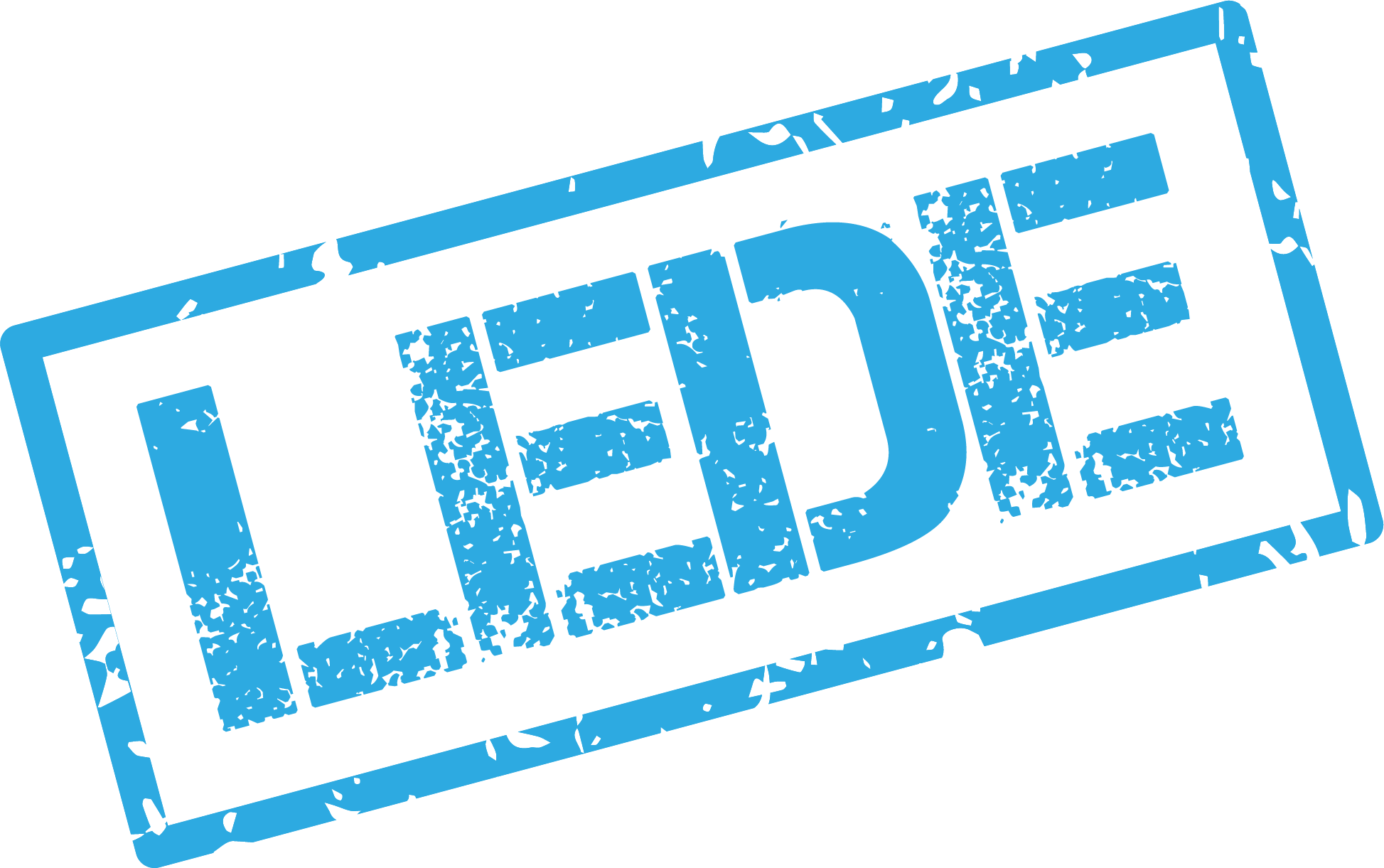


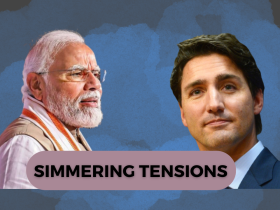

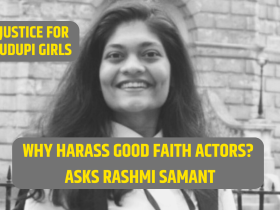
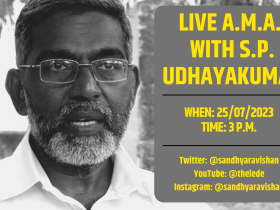
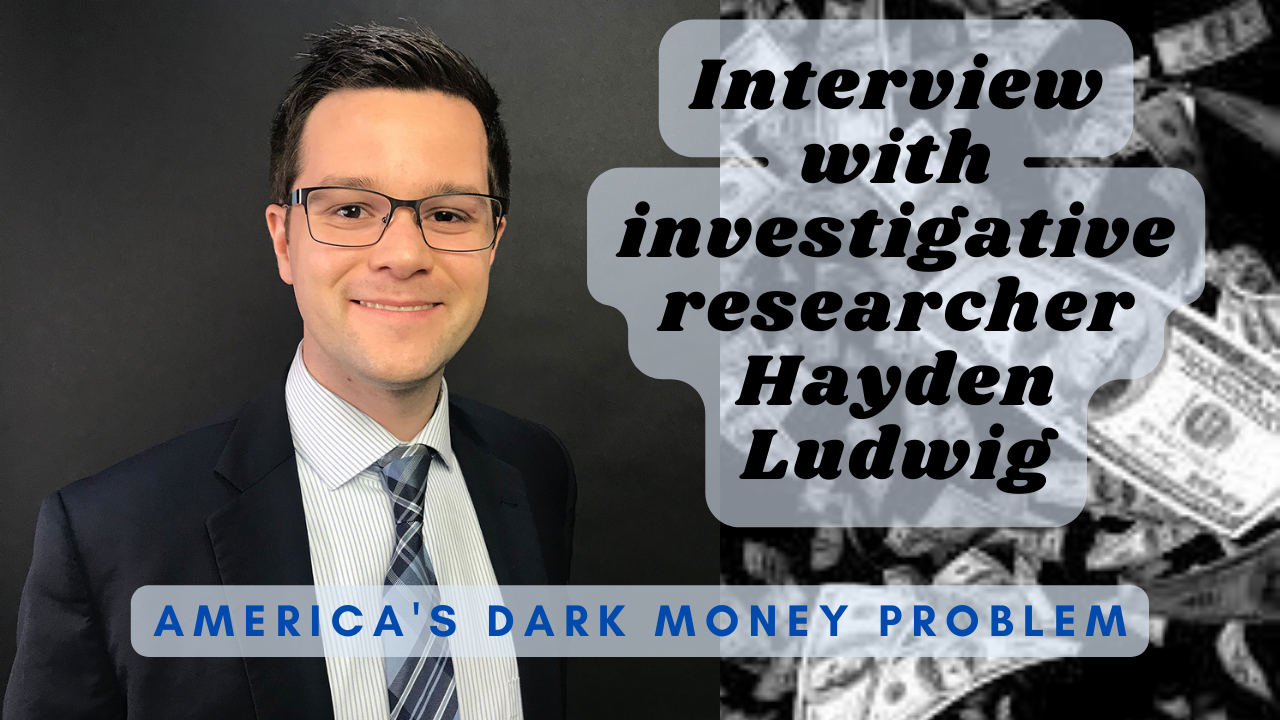




Leave a Reply